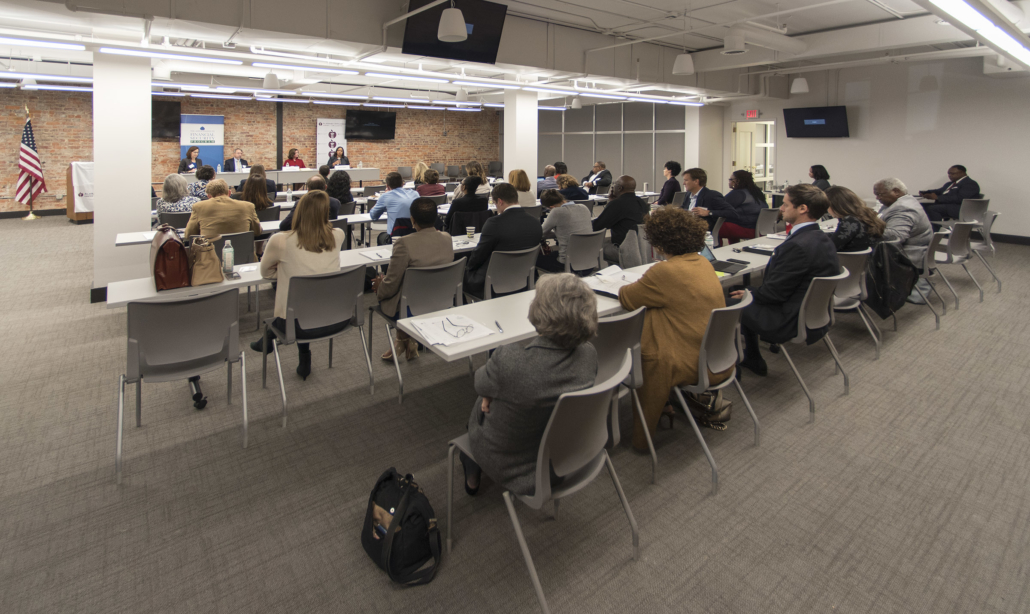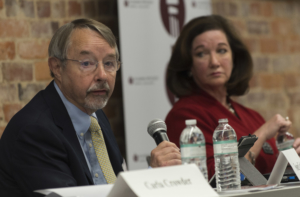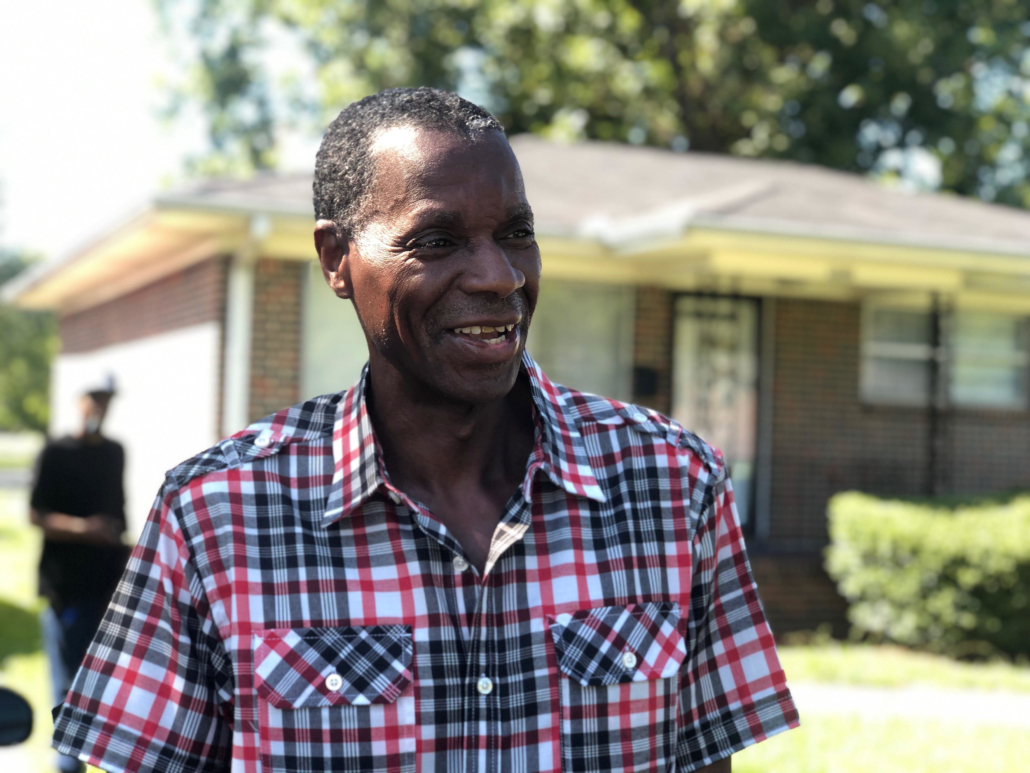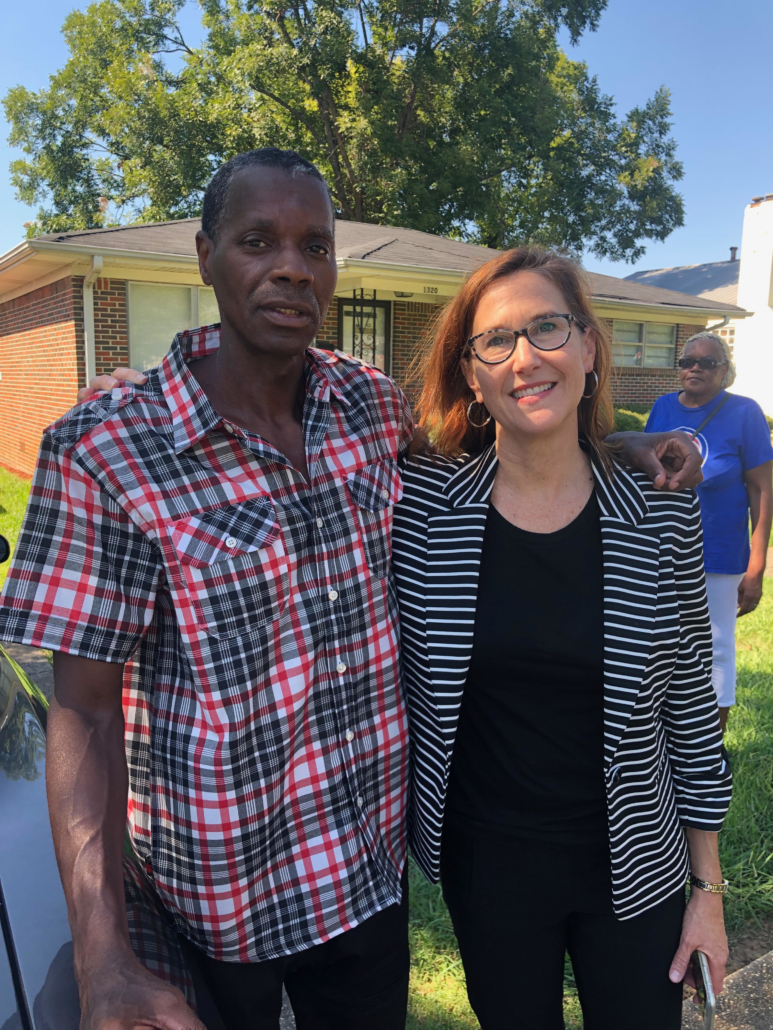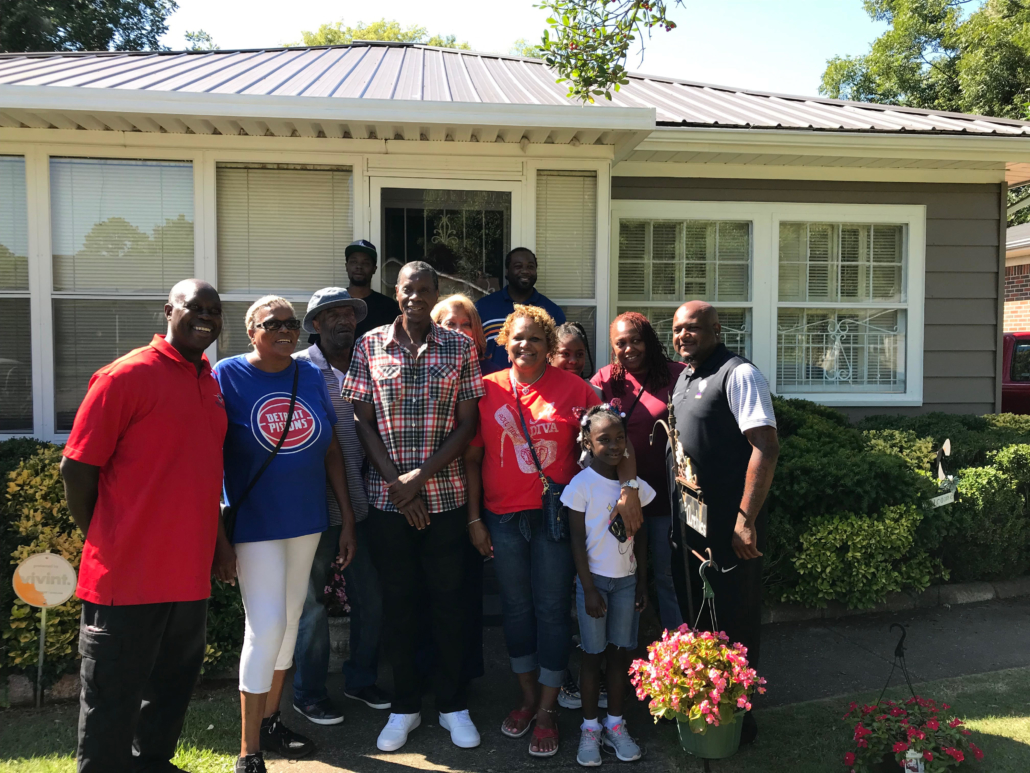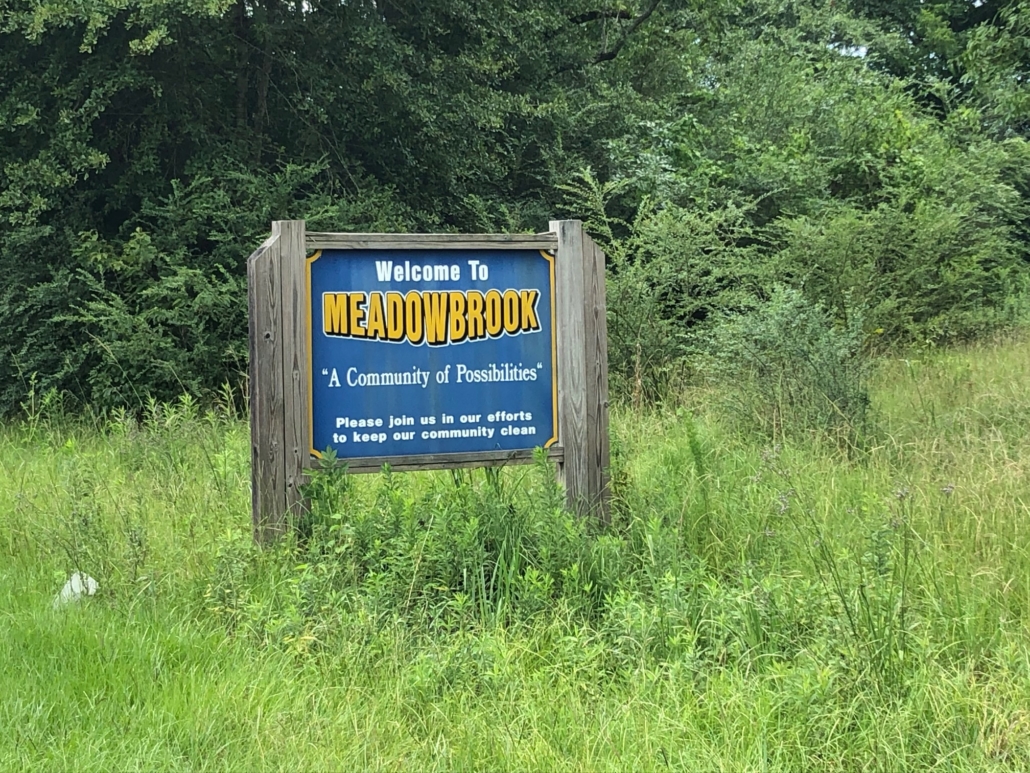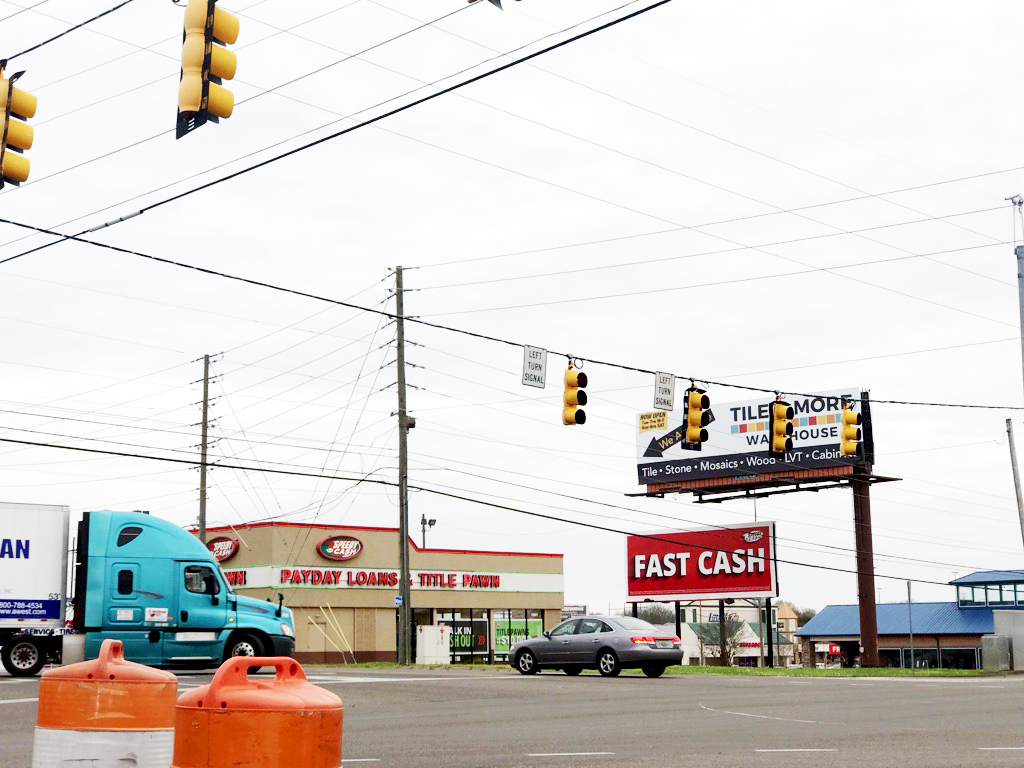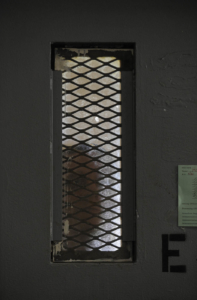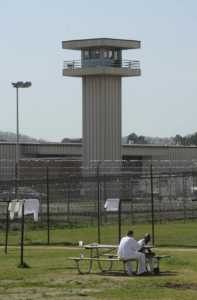By Leah Nelson, Appleseed Research Director
MONTGOMERY, Ala. — When police pulled Reunca Lewis over near downtown Montgomery on April 17, the 23-year-old Montgomery resident was baffled. Lewis’s car had been stolen and then involved in a hit-and-run, and she had spent most of the day with police downtown, dealing with the aftermath. Now, the police officer who pulled her over was asking why her new vehicle didn’t have tags.
She showed him her registration and proof of insurance and explained she couldn’t get tags because the office that issues them is closed due to Covid-19. The officer issued a warning, then excused himself and called dispatch.
Suddenly, three more police vehicles swarmed up and parked behind her car. The officer re-approached, told her to exit the vehicle, and arrested her for having outstanding warrants because she had missed a March hearing regarding unpaid traffic tickets. Lewis’ sister-in-law, 20, who happened to be in the car with her, was arrested for the same reason. In the back of the car, Lewis’s six-year-old son wept in fear while Lewis’ mother rushed across town to pick up the car and take the child home. 
Lewis, who has three other children at home including medically fragile 11-month-old twins, wept too.
The officer took Lewis and her sister-in-law to Montgomery City Jail, where they spent three nights locked in a tiny cell with two other women, one of whom was coughing and begging for medical attention.
All of the women were terrified. One was there in connection with an altercation with a neighbor, but, said Lewis, the majority of them there in connection with unpaid traffic tickets.
On a normal Friday, that wouldn’t be surprising. Like all municipal jails in Alabama, Montgomery’s city jail holds people arrested for allegedly violating municipal ordinances or committing misdemeanors. Many people are held in jail after missing hearings in connection with unpaid traffic tickets – Lewis herself has spent time there twice before in connection with tickets she did not have money to pay. Most of the time, the city jail also holds a few dozen individuals awaiting trial in federal court, as well as a handful of people serving sentence of less than a year.
But Friday, April 17 was not a normal Friday. On that Friday, cases of Covid-19, the potentially fatal illness caused by the novel coronavirus, were spiking across the state of Alabama. With less than one percent of the population tested statewide, there were already 206 cases in Montgomery County alone, according to data published by the Alabama Department of Public Health. That same day, the Alabama Department of Corrections announced for the first time that Covid-19 was spreading through its inmate population, with three positive tests at two different facilities. And weeks earlier, the governor had granted municipalities like Montgomery permission to issue summonses instead of arresting people who, like Lewis and her sister-in-law, were accused of nonviolent offenses. According to the proclamation, the reason for this extraordinary action was “[b]ecause the conditions of jails inherently heighten the possibility of COVID-19 transmission.”
Despite these known risks, Lewis and her sister in law were taken to jail. There, she said, none of the women she was with had personal protective equipment like gloves or face masks. There was no hand sanitizer or hot water. The inmates who gave her her jumper, mat, and other supplies when she was booked were without supplies, as were the inmates who worked in the kitchen. She reports that officers checked inmates’ temperatures before booking them in, but that while she was there, a male inmate arrived with a fever and was booked in anyway. Corrections officers made some effort to separate new arrivals from inmates who had been in for a while, but took no meaningful steps to protect the new arrivals from each other, Lewis reported.
When Lewis finally got before a municipal judge on Monday via videoconference, he told her a new date would be set, but declined to provide her with a clearance letter to get her license back after it was suspended for failing to appear in court. Until it is returned to her, Lewis, who is at heightened risk of being pulled over until state offices reopen and she is able to get a tag for her vehicle, risks being ticketed again for driving with a suspended license.
As an African-American woman, she is also at heightened risk of contracting Covid-19: In Alabama, nearly 58 percent of cases have been women and nearly 38 percent have been African American, even though the population overall is about 50 percent female and 27 percent African American.
Lewis is aware of these risks, and she is terrified. “Are our lives or tickets more important to them? Like, this is a fatal virus,” she said. “People are dying. They had us in there for tickets.”
Update: This post was updated on April 30, 2020 to reflect new facts provided by the City of Montgomery regarding the date of the hearing Ms. Lewis missed.


